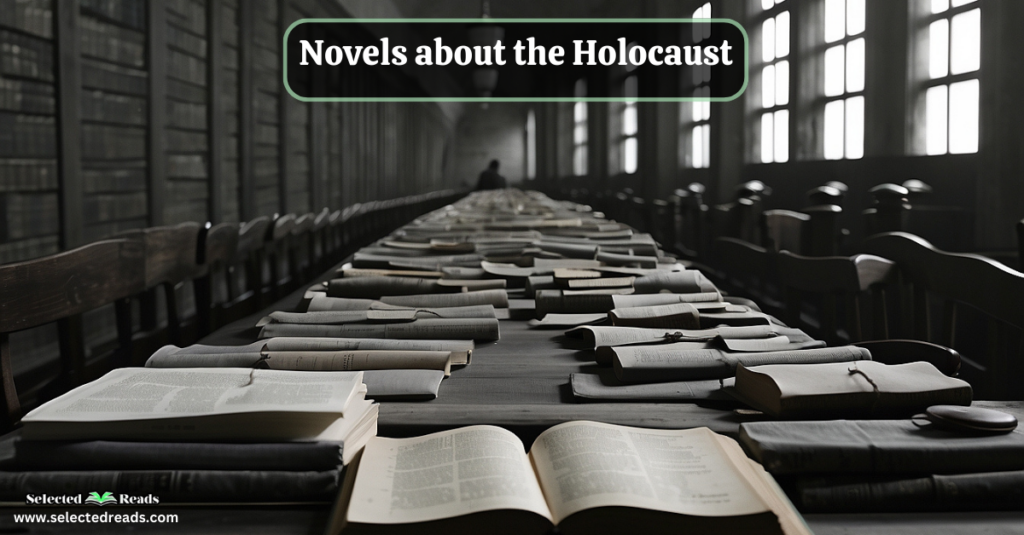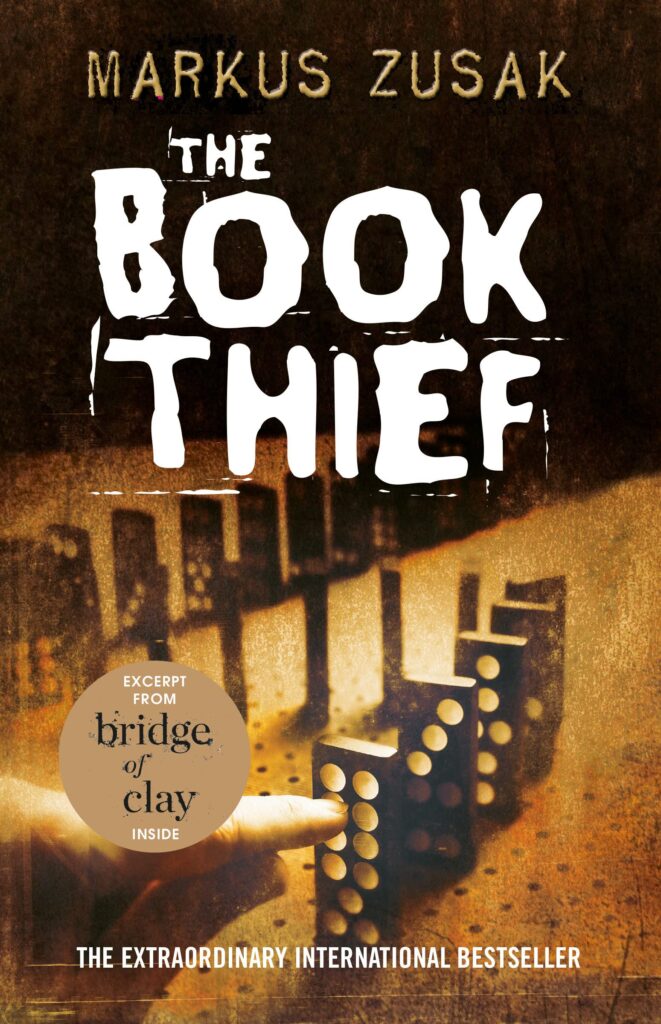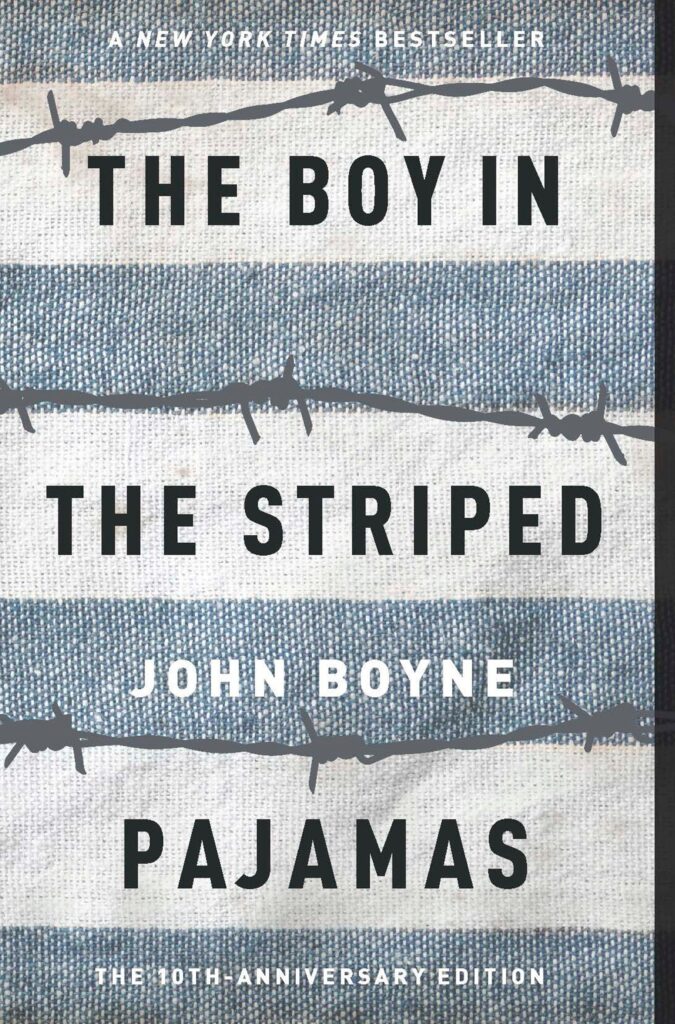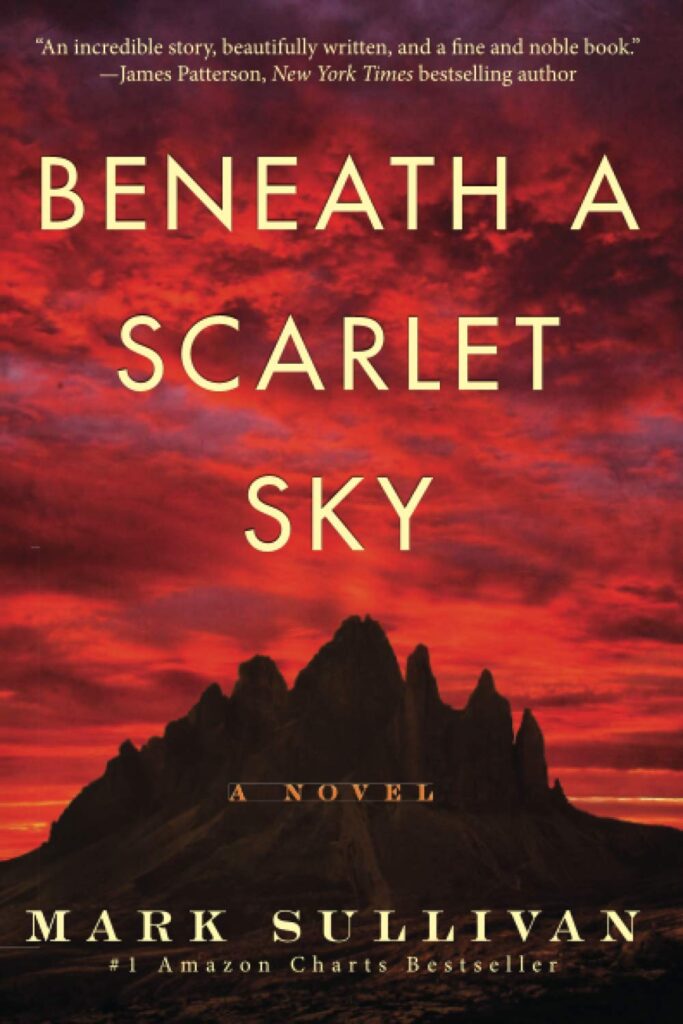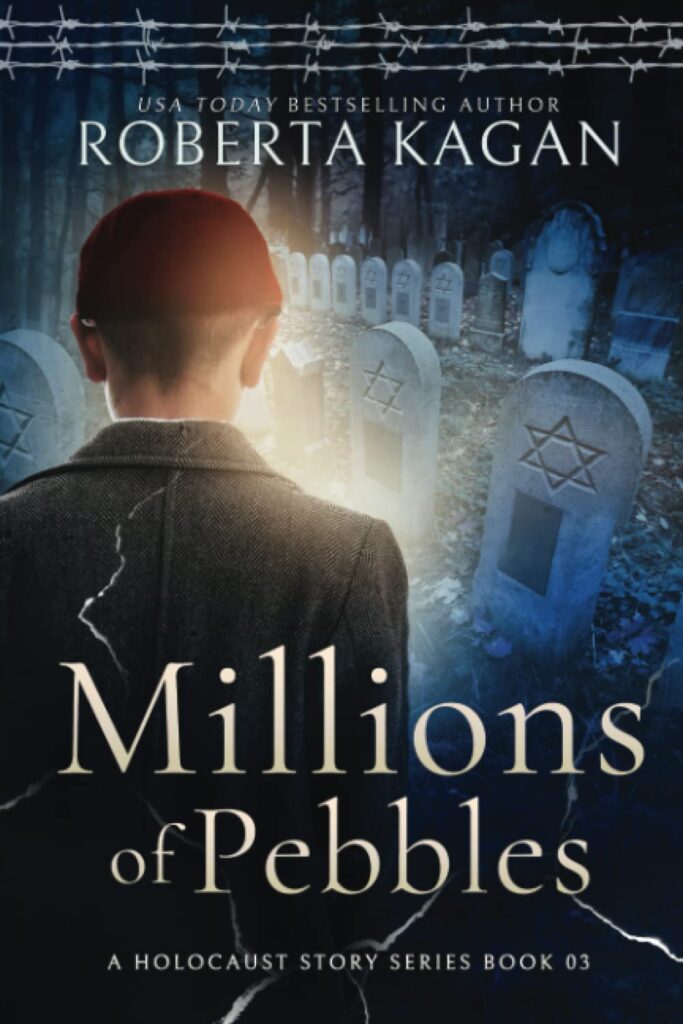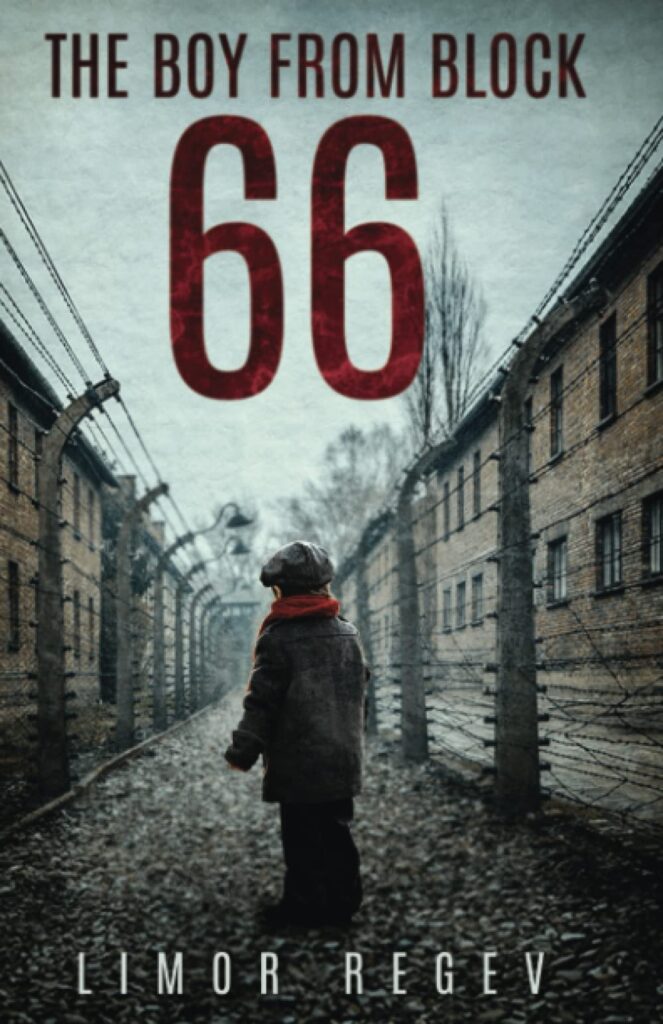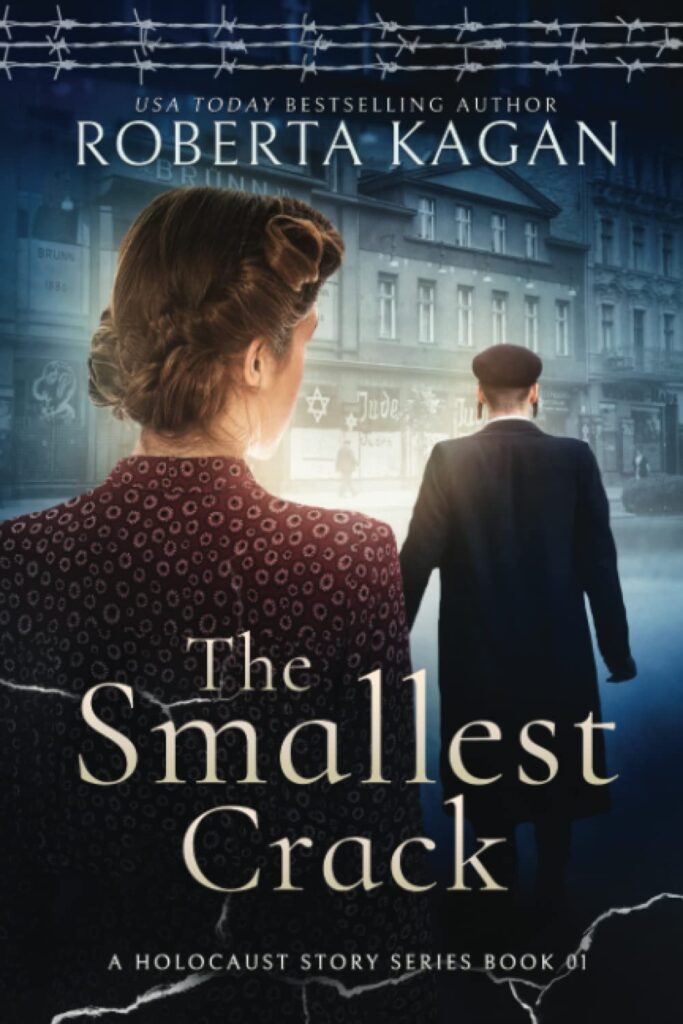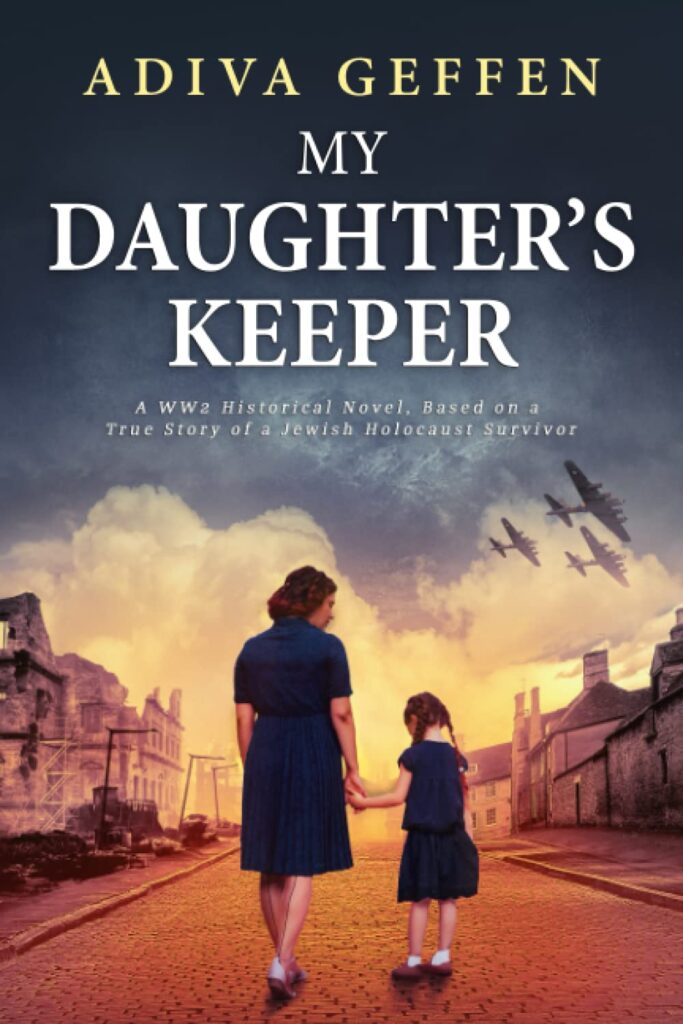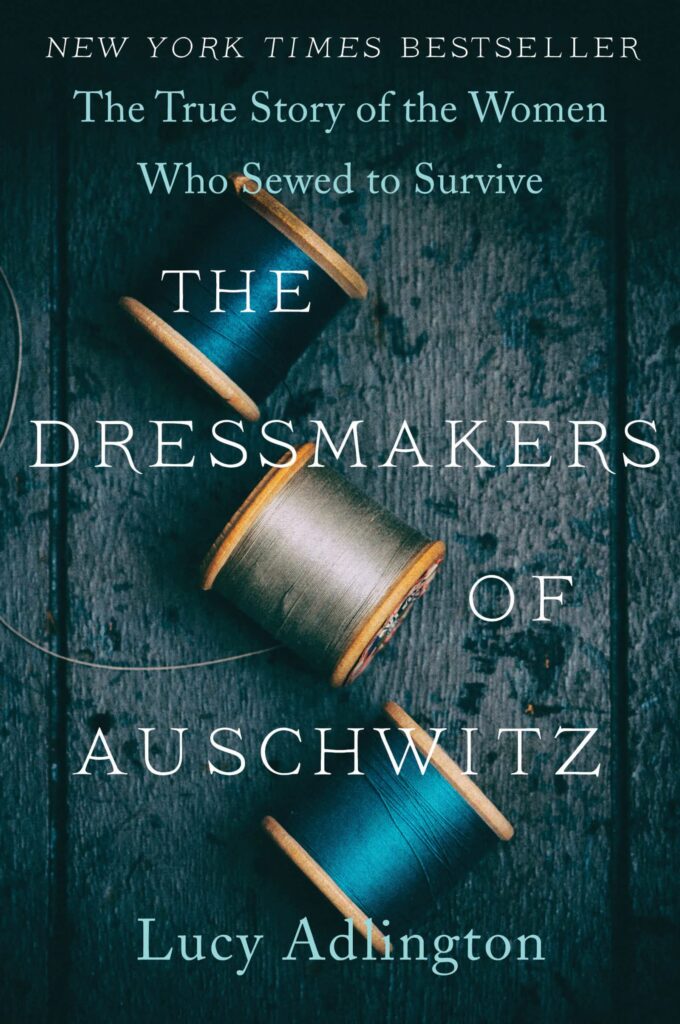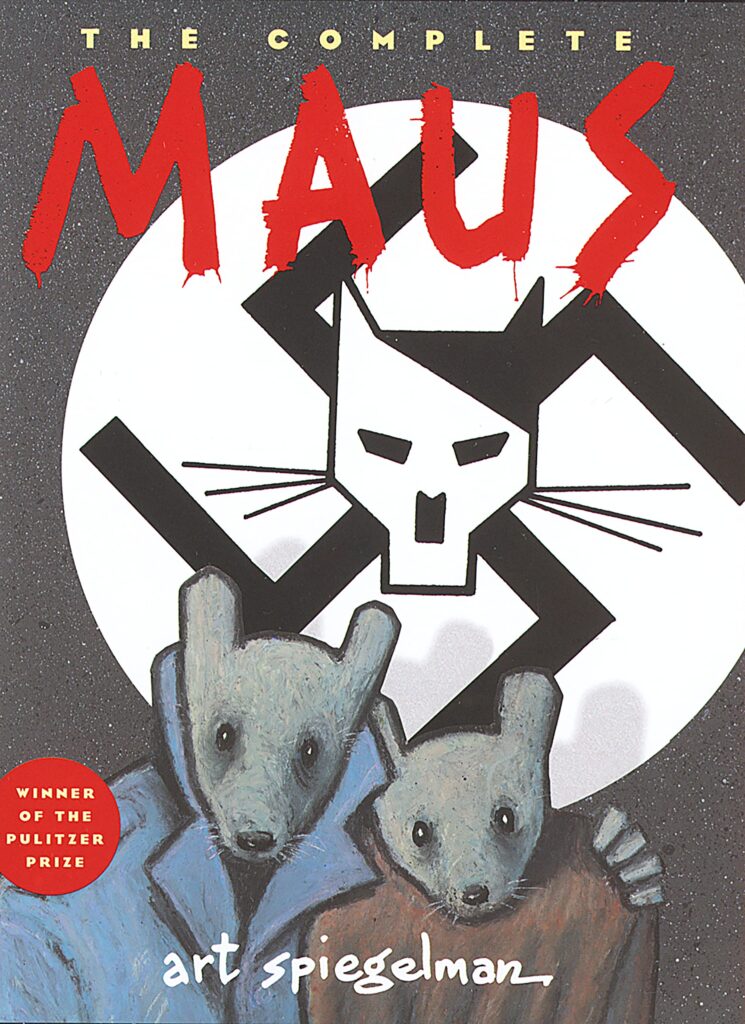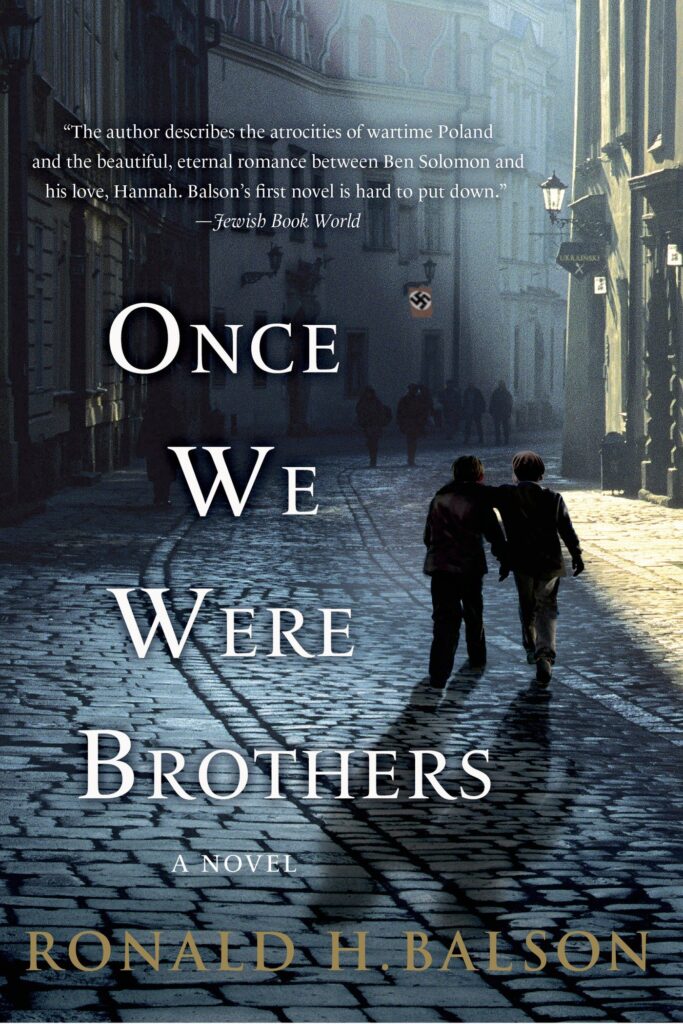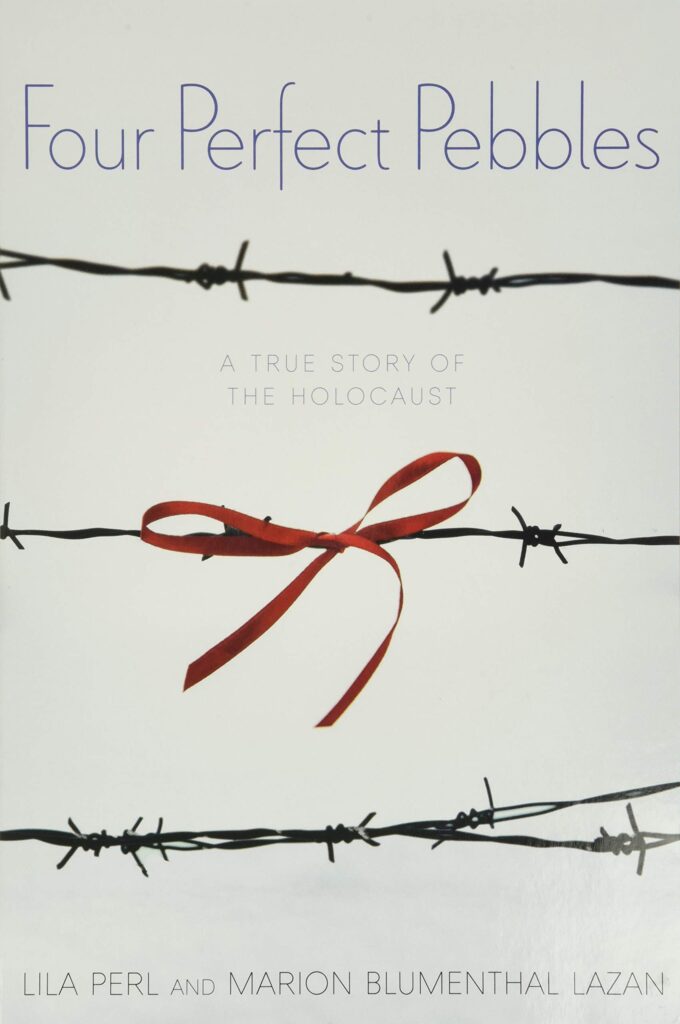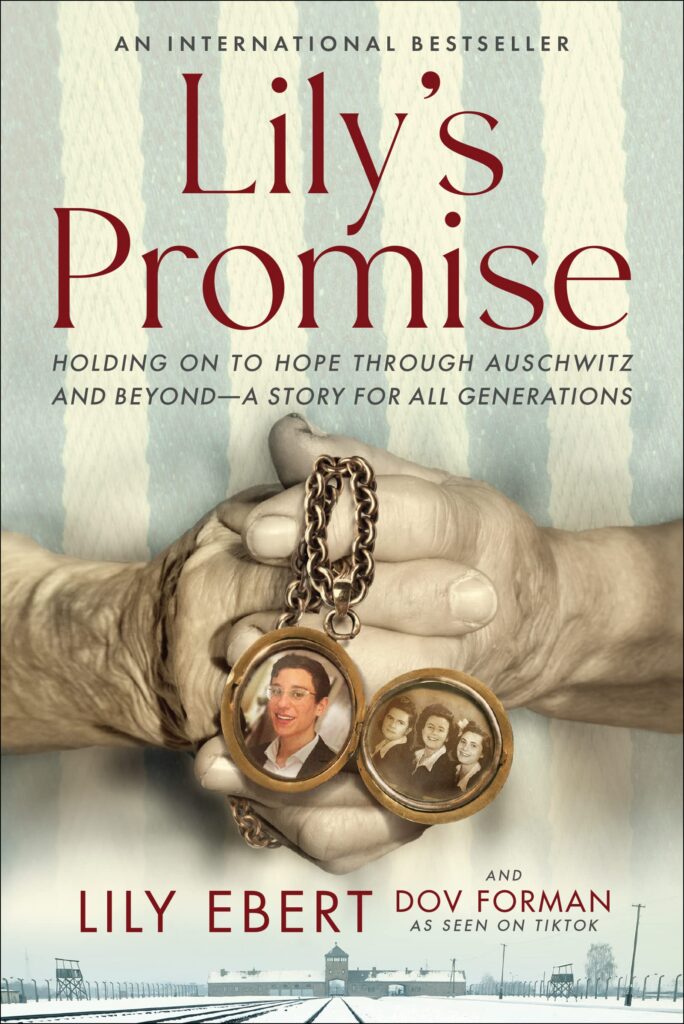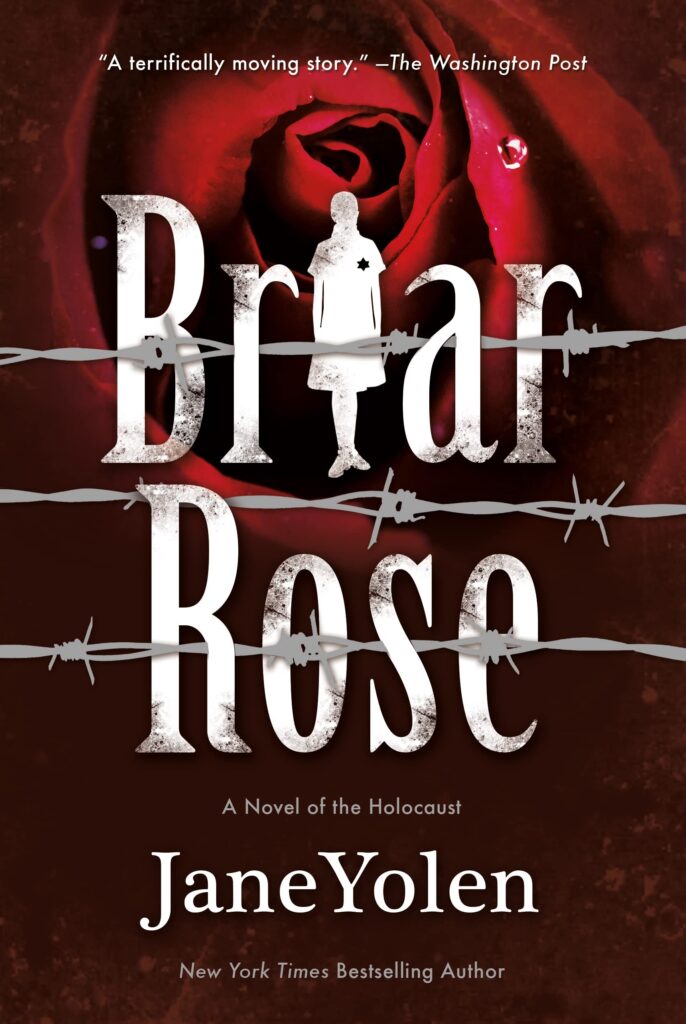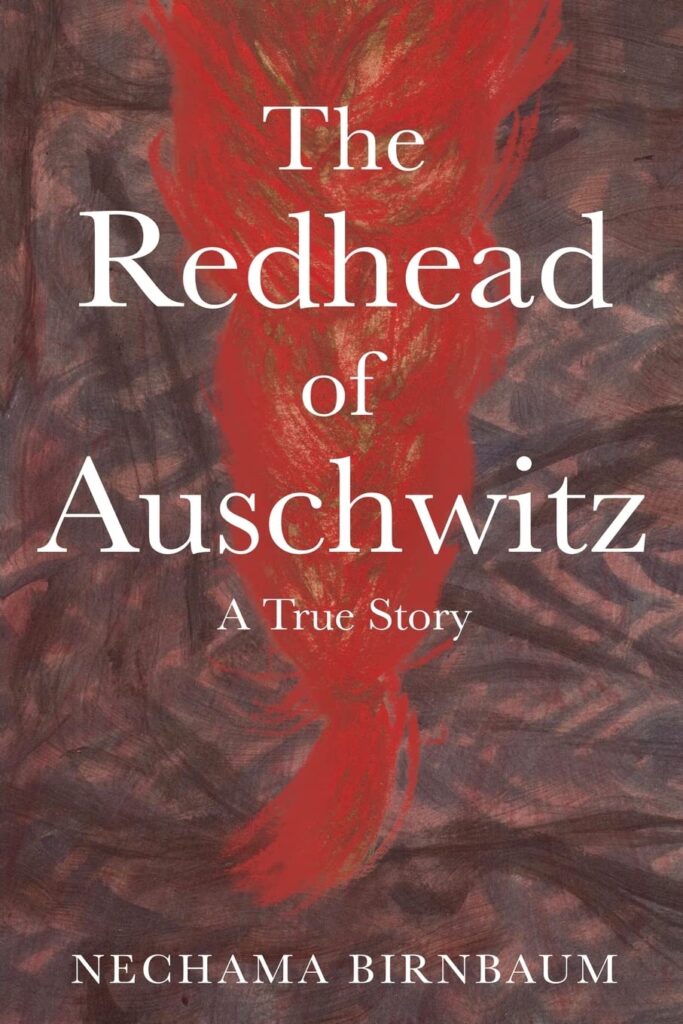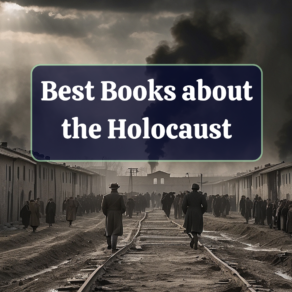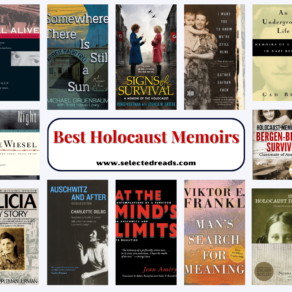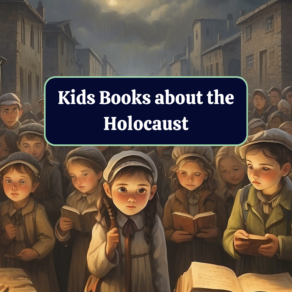The Holocaust is one of the darkest and most tragic chapters in human history. It is a period of time that has left an indelible mark on our collective memory, and its stories are often told through literature.
From classic works to more modern tales, there are many novels about the Holocaust that capture its horror and tragedy while also exploring themes of hope, courage, resilience, and endurance.
In this post I cover 12 of the best novels about the Holocaust from different authors who bring their unique perspectives to bear on this tragic event. From Briar Rose by Jane Yolen to The Redhead of Auschwitz by Nechama Birnbaum these books will give you insight into life during this trying period as well as what it takes for people to survive even in the worst circumstances imaginable.
Also in this Holocaust series:
- Best Holocaust books for kids
- Best nonfiction Holocaust books
- Best books about Auschwitz concentration camp
- Best Holocaust memoirs
Novels about the Holocaust
Here some of the best novels about the Holocaust:
1. The Book Thief, by Markus Zusak
The Book Thief, by Markus Zusak, tells the story of Liesel Meminger, a foster girl living outside of Munich in Nazi Germany in 1939. Struggling to survive in tough times, she finds solace and comfort in books, which she steals and shares with her neighbors during bombing raids. With the help of her accordion-playing foster father, she learns to read and shares her stolen books with the Jewish man hidden in her basement.
2. The Boy in the Striped Pajamas, by John Boyne
The Boy in the Striped Pajamas tells the story of a young boy named Bruno whose family has been relocated to a new house far away from home, in Berlin during 1942. On arriving at their destination, Bruno discovers that there is a tall fence surrounding the area and he is cut off from any outside contact.
Despite this, Bruno is determined to explore and soon meets a young boy on the other side of the fence, whose life and circumstances are vastly different from his own. The friendship that develops between Bruno and the other boy has tragic consequences as it not only leads to their downfall but also threatens the safety of everyone around them.
3. Beneath a Scarlet Sky: A Novel, by Mark Sullivan
Beneath a Scarlet Sky, by Mark Sullivan, is the story of Pino Lella, an Italian teenager living at the start of World War II. As Allied bombs destroy his family home in Milan, Pino joins an underground railroad helping Jews escape over the Alps and falls for Anna, a beautiful widow six years his senior.
Pino’s parents force him to enlist as a German soldier in an attempt to protect him, but after being injured he is recruited to become the personal driver for Adolf Hitler’s left hand in Italy, General Hans Leyers.
With this opportunity, Pino works as a spy for the Allies inside the Third Reich and faces the horrors of the war and Nazi occupation. His courage is bolstered by his love for Anna and their dream of a future together.
4. Millions of Pebbles, by Roberta Kagan
Millions of Pebbles by Roberta Kagan is a heartbreaking story of survival during the Holocaust. Benjamin Rabinowitz finds himself trapped in the Lodz ghetto following the invasion of Poland and must make the difficult decision to allow his wife and sickly son to escape in hopes of finding safety.
Ilsa Guhr, determined to overcome the specter of a troubled childhood, finds herself with newfound power through her beauty and sexuality as the Nazis take control of Germany. The two are brought together by fate in a powerful story about survival against all odds during one of history’s darkest moments. Millions of Pebbles is an inspiring tale that celebrates courage, resilience, and hope during humanity’s darkest times.
5. The Boy From Block 66, by Limor Regev
The Boy From Block 66 by Limor Regev tells the incredible true story of fourteen year-old Moshe Kessler, who survived Auschwitz-Birkenau and a death march in 1945 before arriving at Buchenwald concentration camp.
At Buchenwald, Moshe learns of Block 66, a special section of the camp designed to protect children. Through Block 66, Moshe and others organize a secret resistance against the Germans in an effort to protect all of the camp’s children from harm.
6. The Smallest Crack, by Roberta Kagan
In The Smallest Crack by Roberta Kagan, Eli Kaetzel and his wife Rebecca find themselves thrust into the horror of Nazi Germany. In order to escape certain death, they must rely on the friendship of an unlikely savior–Gretchen, an Aryan girl.
Despite the danger, Eli and Gretchen form an unlikely bond which has been kept secret until now. With her help, Eli and Rebecca may yet survive the Holocaust. But will their friendship be strong enough to save them from the clutches of a ruthless regime? Will they make it out alive?
7. My Daughter’s Keeper, by Adiva Geffen, Never Again
“My Daughter’s Keeper” by Adiva Geffen is a profound and moving tale set against the backdrop of the Holocaust. The novel weaves the story of two remarkable women, bound by love and faith amidst the horrors of war and persecution. As they navigate the treacherous waters of survival in a time of unspeakable hatred, their journey illuminates the depths of maternal love, the strength of the human spirit, and the unbreakable bonds of family.
8. The Dressmakers of Auschwitz, by Lucy Adlington
The Dressmakers of Auschwitz by Lucy Adlington is a story about twenty-five young female inmates in the infamous concentration camp, Auschwitz-Birkenau. They were selected to create, design and sew beautiful outfits for Nazi women as part of the Upper Tailoring Studio, established by the camp commandant’s wife, Hedwig Höss.
As they worked to produce high-quality clothing for SS social functions and ladies from Nazi Berlin’s upper crust, their hope was that these garments would save them from being sent to the gas chambers and provide a way of survival within the concentration camp. Adlington’s research for this book was based on a variety of sources, including interviews with the last surviving seamstress.
9. The Complete Maus: A Survivor’s Tale, by Art Spiegelman
The Complete Maus by Art Spiegelman is a poignant graphic novel recounting the experiences of the author’s father during the Holocaust. Using animals as metaphors for real-world characters, Spiegelman creates a vivid and heartbreaking portrait of one family’s journey through one of history’s darkest chapters.
Set within a framework of an ongoing dialogue between the author and his father, Maus is a powerful testament to the resilience of the human spirit and the strength of familial bonds.
10. Once We Were Brothers, by Ronald H. Balson
Once We Were Brothers by Ronald H. Balson is an emotionally powerful story of love and survival during the Holocaust. It centers around two boys, Elliot Rosenzweig and Otto Piatek, who were once brothers in Nazi-occupied Poland.
When Elliot, now a respected civic leader and philanthropist, is accused of being the former Nazi SS Officer, Otto Piatek, he is forced to confront his difficult and painful past. With the help of attorney Catherine Lockhart, Elliot embarks on a journey to uncover the truth about his identity and possibly find redemption from his tortured past.
11. Four Perfect Pebbles, by Lila Perl, Marion Blumenthal Lazan
Marion Blumenthal Lazan’ s memoir, Four Perfect Pebbles, tells of her family’s experiences living in Nazi-occupied Germany and Holland during World War II. Following Hitler’s rise to power, the Blumenthals endured six and a half years of refugee, transit, and prison camps before finally escaping to the United States. Throughout their ordeal, Marion and her family showed incredible courage, hope and resilience in the face of adversity.
12. Lily’s Promise, by Lily Ebert, Dov Forman
Lily Ebert is a remarkable 98-year-old woman and recent TikTok sensation whose experiences as a prisoner in the Auschwitz concentration camp during World War II are recounted in her memoir, Lily’s Promise.
In it, she writes about her happy childhood in Hungary and the horror of arriving in Auschwitz with her mother and siblings—two of whom perished soon after.
She also describes her determination to keep her two remaining sisters safe during their time there, as well as the inhumanity that she experienced at the camp.
Lily was able to build a new life for herself and family after surviving Auschwitz, first in Israel and then in London. Her story is a powerful reminder of the strength of the human spirit, even when faced with unimaginable hardship.
13. Briar Rose, by Jane Yolen
Briar Rose: A Novel of the Holocaust, by Jane Yolen, is a retelling of the German folktale of “Briar Rose”, also known as “Sleeping Beauty”. Set in 1942 during World War II, the story follows Rebecca’s journey to discover her grandmother Gemma’s astonishing claim that she is Briar Rose.
Through her journey to uncover the truth, Rebecca visits forests patrolled by the German army and comes face-to-face with a dark evil that seeks to destroy all goodness. With lyrical prose and rich characterizations, Yolen confronts the deeply tragic events of the Holocaust with themes of good and evil, hope and despair.
14. The Redhead of Auschwitz: A True Story, by Nechama Birnbaum
The Redhead of Auschwitz by Nechama Birnbaum, is a powerful biography about a young girl named Rosie who was forced out of her home in 1944 and sent to Auschwitz.
Despite the odds stacked against her, Rosie summoned all of her courage and strength to survive death camps and death marches with the hope of one day seeing her family again.
This inspiring story not only tells of Rosie’s courage, but it also celebrates the strength of the human spirit and belief in oneself no matter what obstacles are faced. It reveals the intricacies of the Jewish culture and how love, faith, and resilience can triumph over hatred and despair.
Final thoughts
In closing, this exploration of novels about the Holocaust serves as a poignant reminder of the capacity of literature to bear witness to the depths of human suffering and the resilience of the human spirit. Each of these novels offers a unique lens through which we can begin to comprehend the incomprehensible, providing insights not only into the terror and tragedy of the Holocaust but also into the enduring strength, hope, and courage of those who lived through it. By delving into these stories, we do more than just remember the past; we affirm the importance of empathy, understanding, and our collective responsibility to prevent such atrocities from happening again.
It’s crucial that we continue to share and engage with these narratives. They not only educate us about a dark chapter in human history but also serve as a call to action to uphold the values of human dignity and respect for all. As we reflect on the diverse voices and stories presented in these novels, let us commit to keeping the memory of the Holocaust alive and ensuring that its lessons are never forgotten.



